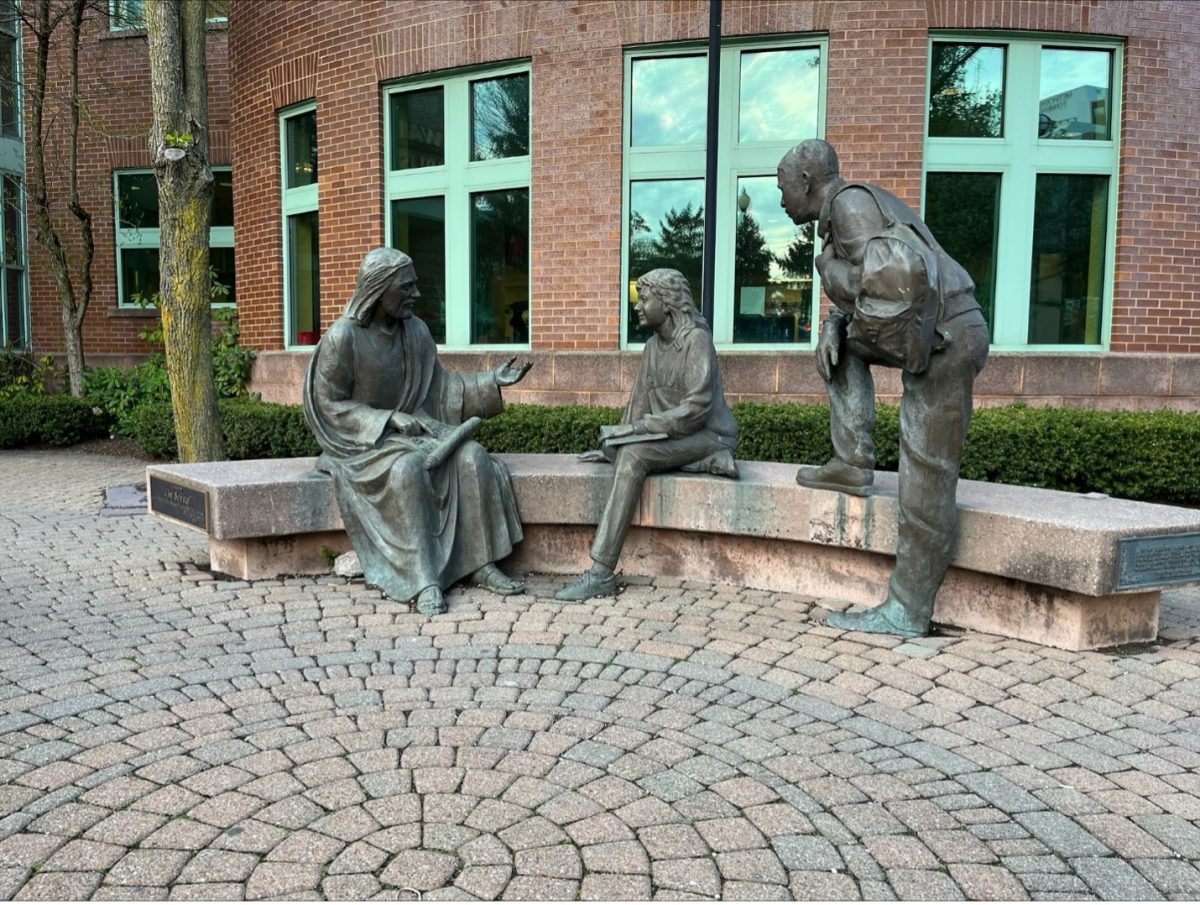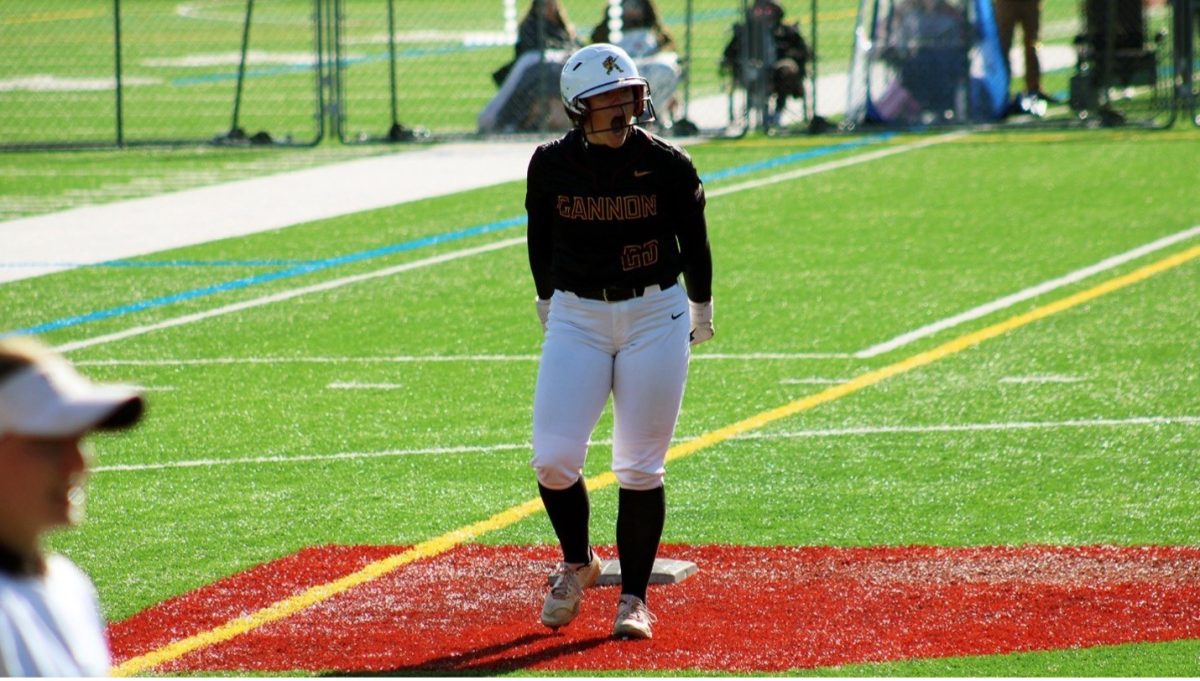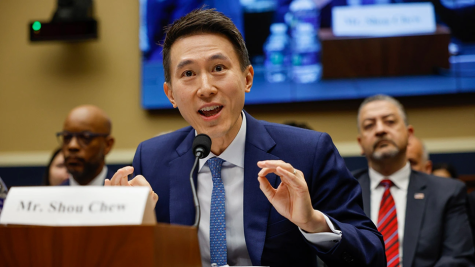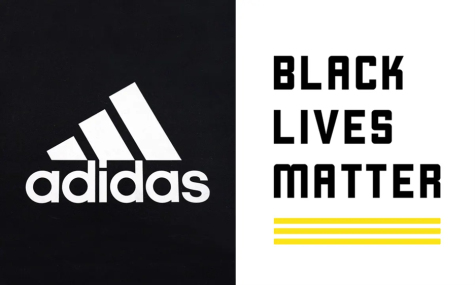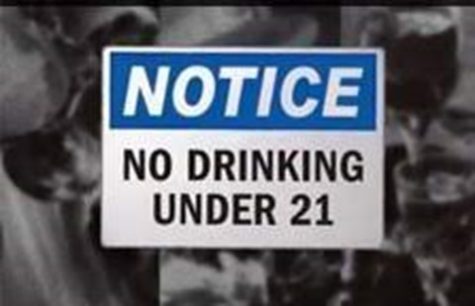‘The Cave Dwellers’ is the perfect memoir follow-up
Christina McDowell’s first official novel surrounding the penny-stock scam hits
“The Cave Dwellers” novel was named after a nickname for Washington’s most rich and famous families in D.C. Society.
September 14, 2021
Christina McDowell is no stranger to high-society Washington, D.C., where she grew up as the daughter of Washington lawyer Thomas Prousalis Jr.
She’s also no stranger to the corruption that comes from being a member of the Washington elites, as her father went to prison in the early 2000s for being a convicted associate of Jordan Belfort, who was found guilty of stock market manipulation and penny-stock scam.
If that sounds familiar, it’s because the film “The Wolf of Wall Street” is based on Belfort’s crimes.
But, this review isn’t about “The Wolf of Wall Street.” It’s about McDowell’s book, “The Cave Dwellers.”
“The Cave Dwellers” is McDowell’s first (kind of) novel, as she published her memoir, “After Perfect,” in 2015 to recount her experience as the daughter of a one-percent criminal. While fictional, “The Cave Dwellers” isn’t a far cry from that.
Based on the aristocratic and divisive lifestyles of Washington’s richest 1%,“The Cave Dwellers” is titled after a local nickname for the capital’s oldest and wealthiest families who lurk in the shadows of D.C. society.
It follows several families who refuse to let reality penetrate their perfect bubble until their private school children suddenly become conscious of the lies entwined in their family histories.
The book starts with the harrowing murder of the Banks family, who are, you guessed it, a Cave Dweller family. Reminiscent of the D.C. Mansion Murders that occurred in 2015, the Banks family is killed in their home with an autographed Ted Williams baseball bat and a vintage samurai sword after being tied up.
The killer then sets their mansion on fire, in line with the D.C. Mansion Murders, which no one in the neighborhood even notices. Ah, the blind eye of the social and economic elite.
After reading the blurb of the book and the horrific murder of the Banks family, I very much expected this to be a true crime book – one in which the plot surrounds catching the person who killed the family and the killer is found to be one of the close community members, maybe even one of the children of the other Cave Dweller families. However, I was not met with this predictable, expected plot.
Instead, I met the other families of the Washingtonian elite – the Bartholomews, who are so entrenched in their old money that they refuse to see their own corruption, even when they are being sued for it.
We also meet the Montgomerys, on old military family whose patriarch suffocates his son with carrying on the family legacy of going to West Point.
Finally, we meet the Wallaces, whom Meredith Bartholomew, the matriarch of the Bartholomew family, calls “commoners.”
The Wallaces do look like commoners, compared to the rest of the aristocratic Cave Dweller families. Doug Wallace, a new senator whose status as a Democrat paints a shiny façade on his toxic masculinity and internalized white supremacy, is too focused on his self-image to do any good in his position.
Meanwhile, his wife Betsy studies the Social List of Washington, also known as the Green Book, like it’s the only way to pass a college admissions test. And it is, if you consider getting into the Washington Country Club to be like getting into college.
While the parents of these elite Washington families are busy brunching at Café Milano and taking each other down with gossip at the Washington Country Club, their children are doing drugs and drinking at parties guarded by their parents’ security details, waterboarding each other with champagne and taking videos of it, unaware of the future consequences of their actions.
By far the most interesting part of this book was the ideological awakening of Elizabeth “Bunny” Bartholomew. In the aftermath of the Banks family murder, in which Audrey, one of Bunny’s classmates and old friends, was killed, Bunny is thrust into the lies and deception of the culture in which she was raised. She suddenly becomes cognizant of her privilege and its perpetuation of the systemic marginalization of so many for so long. However, she doesn’t think of it that deeply.
While I can see where Bunny’s good intentions come from, she still struggles to abandon her family history when her parents gift her $100,000 for her birthday.
She thinks she can wash her hands of all of the lives her family has ruined and the systemic oppression caused by her lifestyle by giving the money to the man (wrongfully) convicted of the Banks family murder. However, that man tells Bunny that she can’t just wash her hands of the money and convince herself that she is innocent of any wrongdoings of her family. This reality is something she doesn’t seem ready for or willing to accept, and she runs away from the prison feeling embarrassed.
I expected the end of “The Cave Dwellers” to come to some kind of conclusion, but it didn’t. There was no resolution to who killed the Banks family. No one realized that their thriving lives of money and elite status were built on the graves of the marginalized. Even Bunny doesn’t go any further than trying to wash her hands of all the bad things her family has done. I think the lack of closure sends a good message, whether McDowell intended it or not.
Change takes more than one person, and it takes longer than the length of one novel to come to fruition.
MADELINE BRUCE










